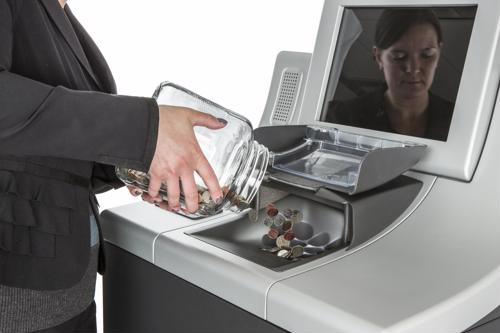

News & Events
News Hub
Small grocers can increase traffic with self-service coin counters

Small grocers can establish a more competitive niche in a saturated market by implementing self-service coin counters on site. Certain markets around the country face higher competition than others, and small stores need ways to increase traffic.
In particular, the Chicago grocery market has undergone a number of changes in the past six months. Last fall, Safeway announced it was pulling out of the Chicago market, closing all the stores in its Dominick's chain. This left many consumers in the area temporarily without a local grocery store, but new chains are moving into Chicago, according to Forbes. This can add new competitors for small local grocers.
New retailers are racing to fill the gaps left by Dominick's exit, but they face a unique market of shoppers. Major chains like Whole Foods and Target are trying new store formats to try to win customers, the article stated. The adaptations could pose new threats to smaller grocers.
Coin counters help small local stores bring in new customers
Even though more major players are entering the Chicago area, small stores have some advantages, according to the Chicago Tribune. These grocers can prioritize customer service and locally sourced food to win shoppers.
However, many of these small stores were hit hard by the recession and have yet to make a full recovery. Even though these retailers can deliver high-quality, personal customer service, it's more difficult for them to compete in terms of price and product assortment.
If small grocers want to change their pricing structure or offer more goods, they must find ways to increase store traffic to gain more revenue. Self-service coin counters offer additional value to shoppers, which can provide an advantage to grocery stores. These retailers can supplement their already excellent customer service with this extra offering.
May 29, 2014
